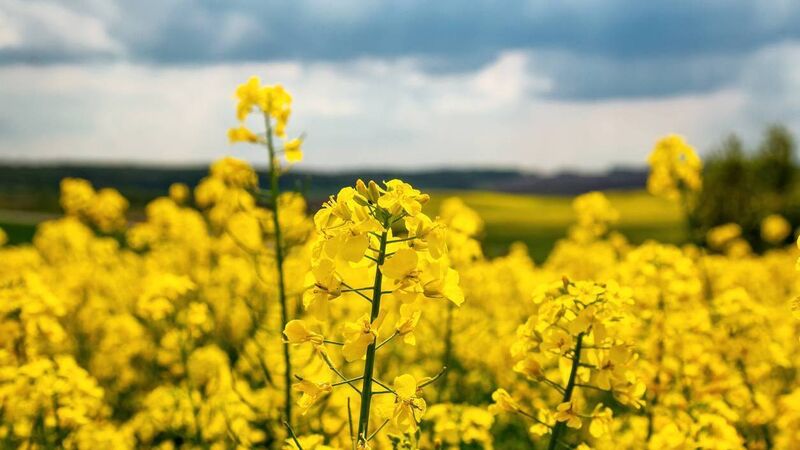Trainers blame oilseed rape for horse respiratory problems

Horses are predisposed to inhaling dust, pollen, spores, etc. from the environment
Irish racehorses are among the best in the world, and our tillage farmers are famous for their high yields, but the increase in oilseed rape crops could put them on a collision course.
Several trainers in Ireland and the UK have blamed the crop for exacerbating respiratory problems in horses.











